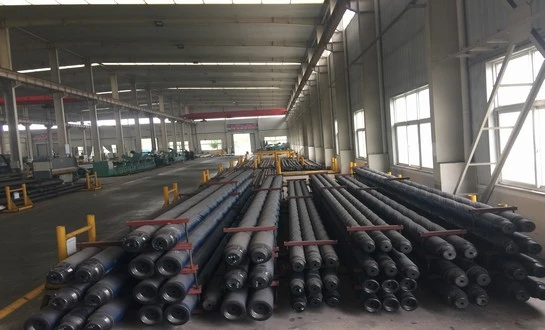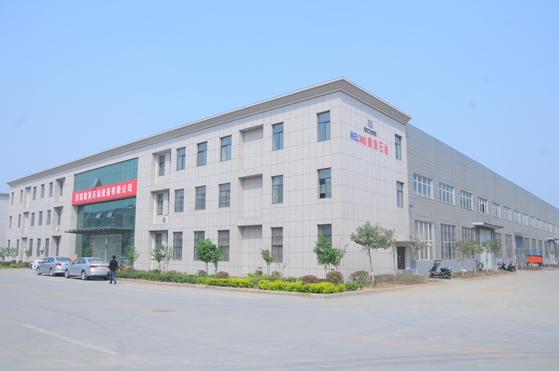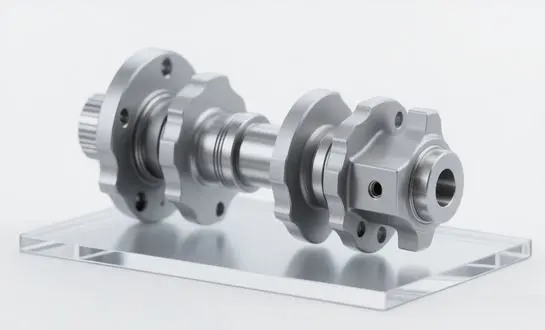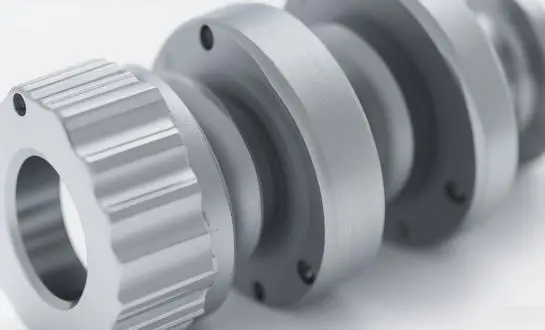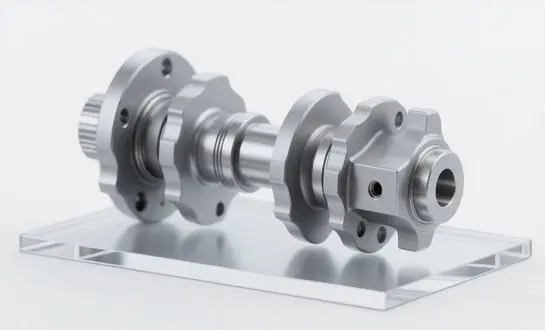Key API Standards for Drill Pipe Quality
API standards play a pivotal role in maintaining the quality and reliability of drill pipe across the oil and gas industry. These standards are regularly updated to reflect technological advancements and industry best practices. Let's examine the key API standards that directly impact drill pipe quality:
API Specification 5DP
API Specification 5DP is the primary standard governing the manufacturing of drill pipe. This specification outlines the requirements for:
- Dimensional tolerances
- Material composition
- Mechanical properties
- Testing procedures
- Marking and documentation
Adherence to API 5DP ensures that drill pipe meets stringent quality controls and performs reliably under demanding drilling conditions.
API Recommended Practice 7G
While not a certification standard per se, API RP 7G provides valuable guidelines for:
- Drill stem design
- Operating limits
- Inspection procedures
Buyers should look for drill pipe manufacturers who incorporate these recommendations into their production processes.
API Q1 Quality Management System
API Q1 certification indicates that a manufacturer has implemented a comprehensive quality management system. This system covers:
- Design and development
- Production and service provision
- Risk assessment and management
- Continual improvement processes
Manufacturers with API Q1 certification demonstrate a commitment to consistent quality in their drill pipe production.
Decoding API Certificates: What Buyers Need to Know
Understanding API certificates is crucial for buyers to ensure they are purchasing authentic, high-quality drill pipe. Here's what you need to know about decoding these important documents:
Elements of an API Certificate
A valid API certificate typically includes:
- Certificate number
- Company name and location
- Scope of certification
- Applicable API specifications
- Issue date and expiration date
- API monogram (for licensed manufacturers)
Buyers should carefully review these elements to verify the authenticity and relevance of the certification.
Verifying API Certifications
To ensure the validity of an API certificate:
- Visit the official API Composite List on the API website
- Enter the company name or certificate number
- Confirm the certification status and expiration date
- Check that the scope includes drill pipe manufacturing
This verification process helps protect buyers from counterfeit or expired certifications.
Understanding API Monograms
The API Monogram is a registered mark that certified manufacturers can apply to their products. For drill pipe, look for:
- API Monogram with the specification number (e.g., 5DP)
- Manufacturer's name or trademark
- Date of manufacture
The presence of a valid API Monogram on drill pipe provides assurance of compliance with API standards.
Ensuring Compliance: API Certification Checklist for Buyers
To ensure you're purchasing API-certified drill pipe that meets industry standards and your specific needs, use this comprehensive checklist:
Pre-Purchase Verification
- Confirm the manufacturer's current API certification status
- Verify that the certification scope includes drill pipe
- Check for any recent quality issues or recalls
- Review the manufacturer's quality control processes
Product Specification Review
- Ensure the drill pipe meets API 5DP requirements
- Verify compatibility with your drilling equipment and operations
- Check for any additional certifications or standards compliance
- Review material grade and mechanical properties
Documentation and Traceability
- Request mill test reports for each batch of drill pipe
- Ensure proper marking and traceability of each pipe
- Obtain certificates of conformity to API standards
- Review inspection and testing documentation
Quality Assurance Measures
- Inquire about the manufacturer's quality control procedures
- Consider third-party inspection services for large orders
- Review the manufacturer's handling and storage practices
- Discuss warranty and after-sales support options
By following this checklist, buyers can significantly reduce the risk of purchasing non-compliant or substandard drill pipe.
Conclusion
Navigating the world of API certification for drill pipe can be complex, but it's an essential process for ensuring the quality, safety, and performance of your drilling operations. By understanding key API standards, decoding certificates, and following a comprehensive compliance checklist, buyers can make informed decisions that contribute to the success and efficiency of their projects.
Remember that API certification is an ongoing process, and staying informed about updates to standards and best practices is crucial. As the oil and gas industry continues to evolve, so too will the requirements and expectations for drill pipe quality and performance.
For more information on API-certified drill pipe and expert guidance on selecting the right products for your needs, don't hesitate to reach out to our team at oiltools15@welongpost.com. Welong is committed to providing high-quality, API-certified drill pipe and supporting our customers throughout their purchasing journey.
FAQ
1. How often are API certifications renewed?
API certifications are typically valid for three years. Manufacturers must undergo a recertification process to maintain their API status, ensuring ongoing compliance with the latest standards and best practices.
2. Can I purchase drill pipe from manufacturers without API certification?
While it's possible to purchase drill pipe from non-API certified manufacturers, it's not recommended. API certification provides assurance of quality, reliability, and compliance with industry standards, which are crucial for safe and efficient drilling operations.
3. What's the difference between API 5DP and API 5L specifications?
API 5DP specifically covers drill pipe, while API 5L is for line pipe used in pipeline transportation systems. While both are important API specifications, they have different requirements tailored to their respective applications in the oil and gas industry.
References
1. American Petroleum Institute. API Specification 5DP: Specification for Drill Pipe. Washington, DC: API Publishing Services, 2023.
2. Bourgoyne, A. T., Millheim, K. K., Chenevert, M. E., & Young, F. S. Applied Drilling Engineering. Richardson, TX: Society of Petroleum Engineers, 1991.
3. Mitchell, R. F., & Miska, S. Z. Fundamentals of Drilling Engineering. Richardson, TX: Society of Petroleum Engineers, 2011.
4. Rabia, H. Oilwell Drilling Engineering: Principles and Practice. London: Graham & Trotman, 1985.
5. Smith, D. R. Modern Well Design. Boca Raton, FL: CRC Press, 1998.
6. Short, R., & Todd, M. Drilling: The Manual of Methods, Applications, and Management. London: Springer, 2018.
